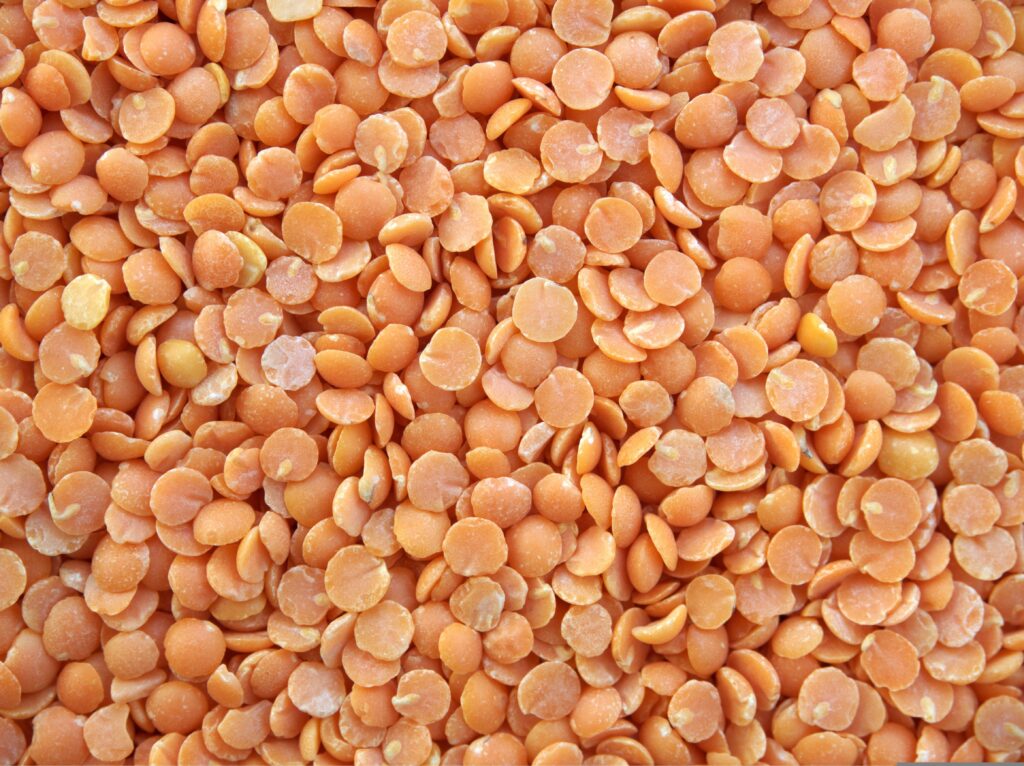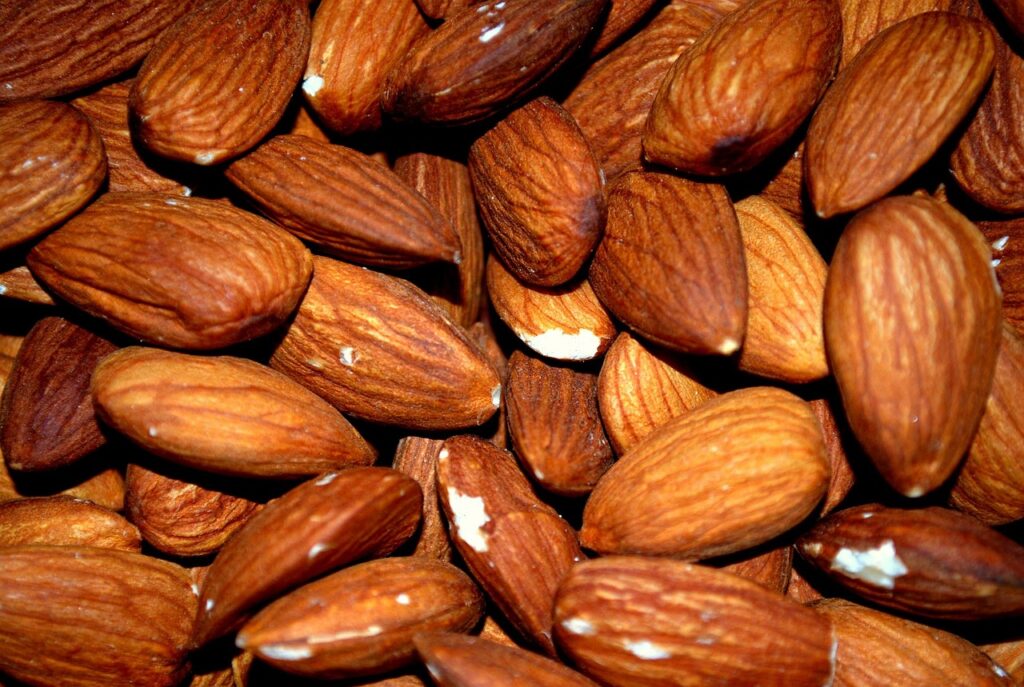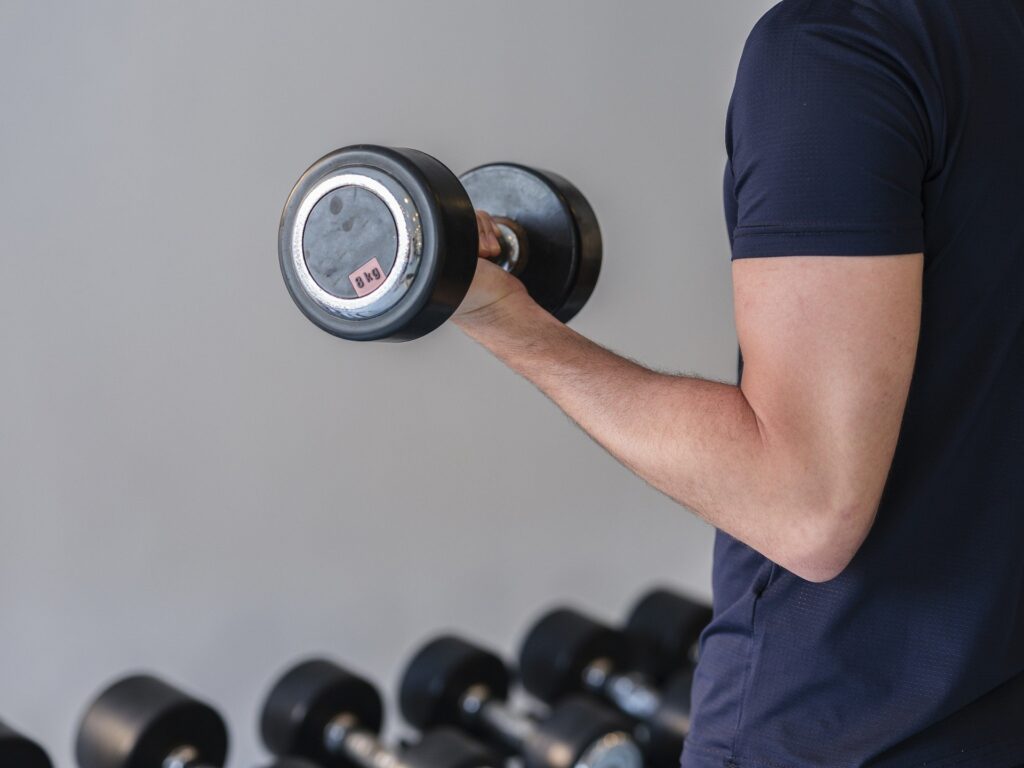
Overview
Maintaining strong bones is essential for overall well-being, mobility, and independence. Our skeletal system provides structure, protects organs, anchors muscles, and stores essential minerals. Yet, as we age, our bone density naturally decreases, leading to weakened bones and increased risk of fractures and osteoporosis. Bone health becomes particularly crucial with age, as bone loss accelerates due to hormonal changes and other biological factors. Fortunately, numerous strategies can help improve and maintain bone health, reducing risks and supporting a more vibrant life.
In this guide, we’ll explore practical, scientifically backed steps to boost bone health, with a focus on dietary choices, lifestyle adjustments, physical activity, and supplements. Whether you’re looking to protect bone strength as you age or actively combat early signs of bone density loss, these tips will equip you with actionable insights for lifelong bone health
Table of Contents
Understanding the Basics of Bone Health
To effectively support bone health, it’s important to understand how bones grow, regenerate, and degrade over time. Bones are dynamic tissues that continuously undergo remodeling—a balance of bone formation and bone resorption (breakdown). During childhood and early adulthood, bone formation outpaces resorption, leading to increased bone mass. However, after the age of 30, this process slows, and bone resorption can exceed formation, gradually decreasing bone density
Related : Cold vs. Flu: to Symptoms, Causes, Treatments, and Prevention
Key Points About Bone Density and Aging
- Peak Bone Mass: Most individuals reach their peak bone mass by age 30.
- Bone Remodeling Cycle: Bone is continually renewed, with new bone replacing old bone in a cycle lasting about 10 years.
- Impact of Aging: After 30, bone loss begins to outpace bone formation, with women experiencing a sharp decline after menopause due to decreased estrogen levels.
This understanding underscores the importance of proactive steps early on to achieve peak bone mass and maintain it later in life
Dietary Essentials for Strong Bones
Diet plays a pivotal role in supporting bone health. Specific nutrients are essential for bone density, mineralization, and the overall structural integrity of bones. Below are the top nutrients and dietary tips to incorporate for optimal bone health.
Calcium
Calcium is a primary mineral in bones, and a steady supply is vital to prevent bone depletion. If dietary calcium is insufficient, the body leaches calcium from bones to maintain necessary levels in the bloodstream, weakening bone structure.
Recommended Calcium Intake
- Adults (19-50 years): 1,000 mg/day
- Women over 50 and Men over 70: 1,200 mg/day
Calcium-Rich Foods
- Dairy products (milk, yogurt, cheese)
- Leafy greens (kale, collard greens)
- Fortified foods (orange juice, cereals)
Vitamin D
Vitamin D is essential for calcium absorption. Without adequate vitamin D, the body cannot efficiently absorb calcium, regardless of dietary intake. Sun exposure enables the body to synthesize vitamin D, but supplementation may be necessary, especially in regions with limited sunlight
Related : Home Remedies for Vertigo: Natural Ways to Relieve Symptoms and Restore Balance
Sources of Vitamin D
- Sunlight exposure (10-30 minutes several times a week)
- Fatty fish (salmon, mackerel)
- Fortified milk and cereals
- Supplements, if recommended by a healthcare provider
Protein

Protein constitutes about 50% of bone volume and a third of bone mass, playing a crucial role in maintaining bone density. Adequate protein intake has been linked with better bone density and reduced fracture risk, especially in older adults.
Protein-Rich Foods
- Lean meats, poultry, and fish
- Dairy products
- Legumes (beans, lentils)
- Nuts and seeds
Related ; Protecting Your Kidneys Conditions That Affect Kidney Health
Magnesium and Potassium
Both magnesium and potassium support bone density by aiding in the proper mineralization of bones and neutralizing acid loads, which can leach calcium from bones
Magnesium Sources
- Nuts (almonds, cashews)
- Whole grains (brown rice, oats)
- Dark chocolate
Potassium Sources
- Bananas, oranges, and potatoes
- Leafy greens
- Tomatoes and sweet potatoes
Importance of Physical Activity in Bone Health
Regular physical activity is essential for bone strength and density. Weight-bearing exercises stimulate bone formation, while resistance training builds the muscles that support bones, reducing the likelihood of falls and fractures. Here’s a closer look at the types of exercises most beneficial for bones.
Weight-Bearing Exercises

Weight-bearing exercises include activities where you work against gravity, forcing your bones to bear the weight of your body.
Examples of Weight-Bearing Exercises
- Walking, hiking, and jogging
- Dancing and aerobics
- Stair climbing
Related : 10 Best Foods to Hair Health and Strength
Strength Training and Resistance Exercises
Strength training applies targeted pressure on bones, promoting bone growth. Resistance exercises build muscle mass, which is crucial in protecting and stabilizing bones.
Examples of Resistance Exercises
- Lifting weights or using resistance bands
- Body-weight exercises (squats, push-ups)
- Pilates and yoga (for flexibility and balance)
High-Impact Exercises
High-impact exercises can be particularly beneficial for increasing bone density. However, these may not be suitable for everyone, especially those with existing bone conditions or joint issues.
Examples of High-Impact Exercises
- Tennis or basketball
- Running (if approved by a healthcare provider)
For optimal bone health, aim for at least 30 minutes of bone-strengthening activity most days of the week, with a combination of weight-bearing, resistance, and flexibility exercises
Lifestyle Choices Impacting Bone Health
Lifestyle choices such as smoking, excessive alcohol consumption, and certain medications can significantly impact bone health. By adjusting these behaviors, you can support stronger, healthier bones.
Smoking and Bone Loss
Smoking is linked with increased bone loss and decreased bone density, particularly in postmenopausal women. Chemicals in cigarettes interfere with the body’s ability to absorb calcium, compromising bone strength.
- Key Point: Quitting smoking is one of the most impactful steps you can take to preserve bone density and overall health.
Alcohol Consumption
Excessive alcohol intake interferes with calcium balance, reduces bone formation, and increases the risk of fractures. Moderation is key—limit alcohol to one drink per day for women and two for men to reduce adverse effects on bones.
Medications and Bone Health
Some medications, including corticosteroids, can contribute to bone loss when used long-term. If you’re taking medication that impacts bone health, consult with your healthcare provider about ways to mitigate these effects
Related : How to Lose Belly Fat 6 Tips for a Healthier You
Supplements for Bone Health
While a balanced diet is the best way to obtain essential nutrients, supplements can help fill any nutritional gaps. Below are common supplements recommended for bone health, but always consult a healthcare provider before beginning any new supplement regimen.
Calcium Supplements
Calcium supplements are often recommended if dietary intake is insufficient, especially in older adults. However, they should be taken as directed, as excessive calcium can lead to kidney stones and other health issues.
Vitamin D Supplements
If you have limited sun exposure or dietary intake, vitamin D supplements can support calcium absorption and bone health. Vitamin D3 is generally recommended over D2 for better absorption.
Other Bone Health Supplements
- Magnesium – Essential for bone mineralization, often included in multivitamins.
- Vitamin K – Assists with bone formation, especially important for those with low dietary intake of leafy greens.
Bone Health Across Life Stages
Bone health strategies vary depending on life stage. Here are some tailored recommendations:
Children and Adolescents
Growing children require sufficient calcium and vitamin D to build a strong bone foundation. Encourage dairy products, sunlight exposure, and physical play.
Young Adults
In young adulthood, maintaining a balanced diet and active lifestyle is key to reaching peak bone mass.
Post-Menopausal Women and Older Adults
After menopause, bone loss accelerates in women due to hormonal changes. Older adults should focus on calcium-rich foods, vitamin D supplements, and fall prevention strategies
The Takeaway
Maintaining strong bones is a lifelong commitment that pays off with increased mobility, reduced fracture risk, and a higher quality of life. By incorporating a balanced diet, regular exercise, and mindful lifestyle choices, you can preserve bone health well into your later years. Implement these strategies consistently, and consult with a healthcare provider for personalized advice and bone health monitoring.
Investing in your bone health today sets the foundation for an active, independent, and healthy future. Prioritize these steps, stay informed, and take charge of your bone health journey
Frequently Asked Questions
- What are the most important nutrients for bone health?
The key nutrients for bone health are calcium, vitamin D, protein, magnesium, and potassium. Calcium strengthens bones, while vitamin D helps with calcium absorption. Protein supports bone mass, and magnesium and potassium aid in bone mineralization and balance.
- How much calcium do I need daily for healthy bones?
Adults generally need about 1,000 mg of calcium per day, with women over 50 and men over 70 requiring 1,200 mg daily. It’s best to get calcium through a combination of food sources and supplements if necessary, following a healthcare provider’s advice.
- What types of exercises are best for strengthening bones?
Weight-bearing exercises (like walking, dancing, and stair climbing) and resistance training (like lifting weights) are excellent for strengthening bones. High-impact exercises, like jumping or running, can also help, but may not be suitable for everyone.
- How does aging affect bone health, and what can I do about it?
As we age, bone density naturally decreases, especially in postmenopausal women. To combat this, maintain a nutrient-rich diet, stay active with bone-strengthening exercises, and avoid lifestyle factors like smoking and excessive alcohol intake that can accelerate bone loss.
- Are supplements necessary for bone health?
Supplements may be beneficial if you’re not getting enough key nutrients, such as calcium or vitamin D, from your diet. It’s essential to consult with a healthcare provider to determine your needs and avoid excessive supplementation, which can lead to other health issues.
- Can lifestyle changes really make a difference in bone health?
Yes, lifestyle changes like regular exercise, a balanced diet, and avoiding smoking and heavy drinking significantly impact bone health. Even small changes can help improve bone density, reduce the risk of fractures, and support overall bone strength as you age











